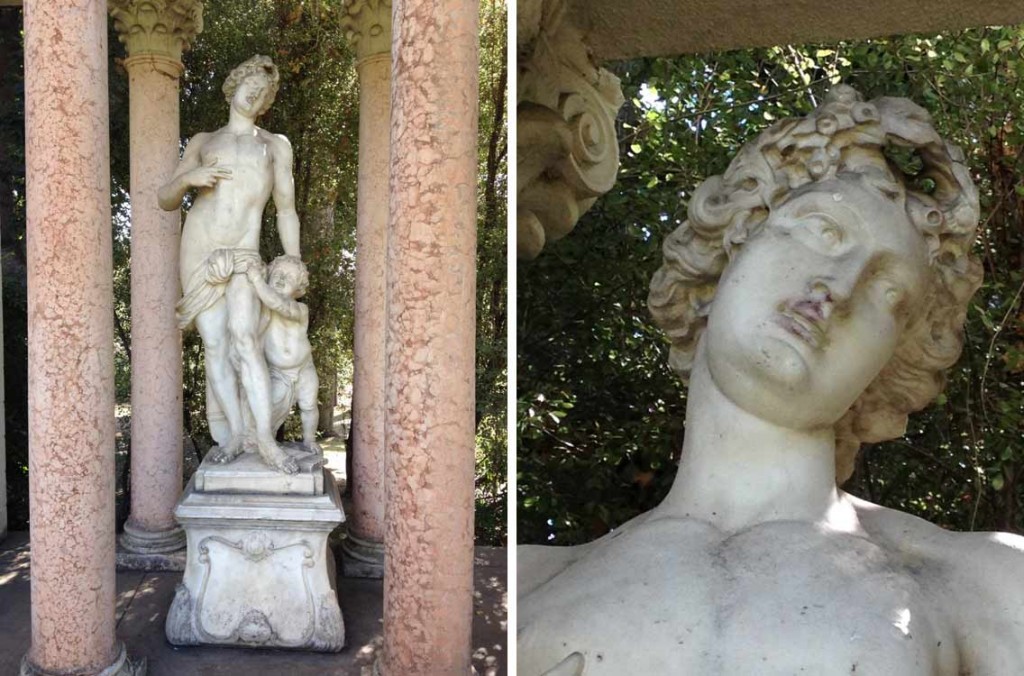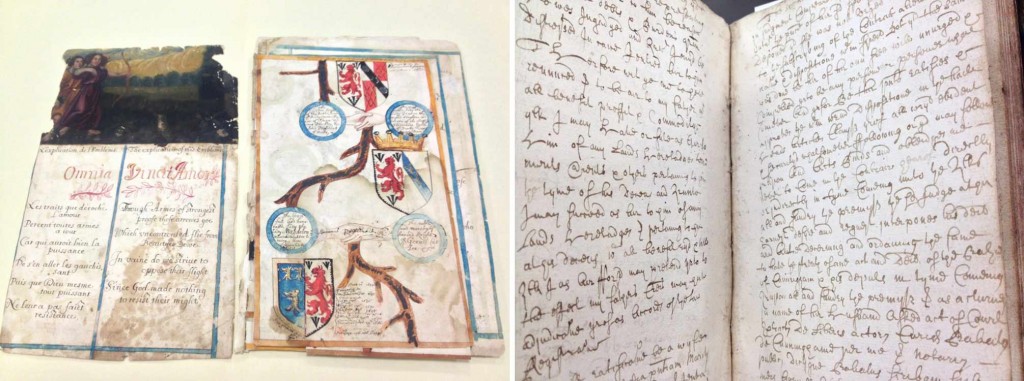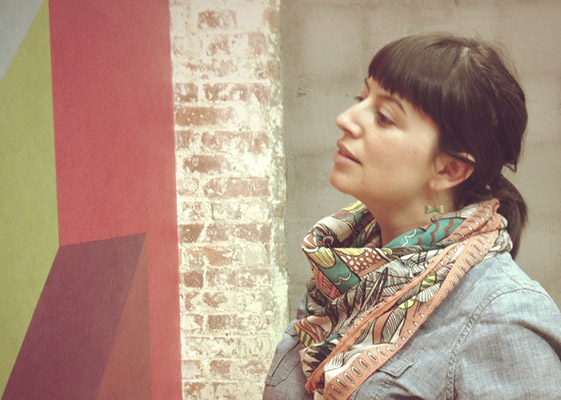Something I have been thinking about a lot lately, as I while away hours at the bench, is the question of accessibility, specifically within the context of conservation. Recently there was a big hullaballoo at the H when a young woman, who fashioned herself as a “performing artist,” kissed a statue, smearing her dark lipstick across its pristine marble face. For this grand act of vandalism, she was fined a great sum and was required to spend an hour or so touring our conservation lab to get a feel for how complex and careful the work that goes into preserving books and flat paper objects actually is. Clearly the act is not socially acceptable and I think this young woman knew better than to leave such a noticeable mark on a statue, but it made me question the ways in which we are encouraged to engage with beauty and the ways in which we are not. Is there a right and a wrong way to experience beauty? Without proposing anything all that anarchical, I would like to address the parts of my work that break my heart and those that give a greater feeling of purposefulness.
I was discussing the statue-kissing incident with a good friend and she pointed out that there is an element of embarrassment in the situation that I had not thought of before. As she understood it, the fact that the young woman performed a passionate act, a very active response to the beauty she was encountering, was the root of the evil. She was selfish in her act because it was an uninhibited response that many of us might have liked to perform ourselves if we only felt so free as to do so. It is this recognition of an unharnessed human response to beauty that makes the act inappropriate. In some ways I completely agree with this logic and it makes me consider the role of any museum or gallery space in exposing us to historically important and beautiful cultural relics and new forms of expression. On the other hand, if we all went around touching oil paintings and leafing through the most delicate books, they wouldn’t be around for long for us to enjoy.
Much of the work I have been doing lately deals directly with this same issue. I have been working with a book conservator to iron out the wrinkles in a “permanent” library exhibit–the main issue being that most of the books currently on exhibit have been sitting in their display cradles for five plus years. The continual stress on the bindings, in addition to the damage from light exposure to the displayed pages, is now something needing immediate attention. I wonder if it will make any difference to the visiting public that many of the books and original documents will be scans and facsimiles of the originals? Will they perceive this stand-in for what it is and be disappointed or will they be oblivious of the switch? One of the unique perks of working in a conservation lab is that we handle some very interesting and valuable pieces with our bare hands (well-washed, of course) and, though it is possible to gain access to virtually all of our collection by applying to be a scholar, I still wish that everyone could hold these rare books close enough to smell their paper and feel the smooth leather and frayed cloth with their own hands and it’s that part of my work that troubles me the most.
The privilege of having such intimate experiences with these books and paper objects is the great joy of those working in the field and much of what we do in the lab is done solely for the purpose of making items more available and ready for use. The questions of functionality and usefulness and the longevity of an item are things that must be taken into consideration when dealing with each individually. It is that question: whether to change the structure of something to allow for greater access or to preserve it for undisturbed, safe keeping, that calls us to employ the keenest discernment. Being able to share these pieces of history and culture are what make it all worth while.


